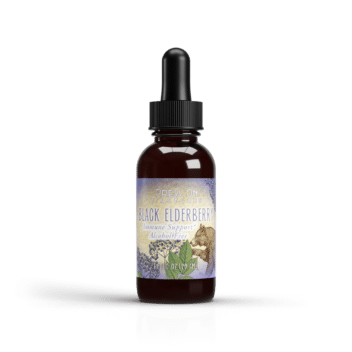Black Elderberry Origins
The black elderberry, also known scientifically as Sambucus nigra, has been cherished for centuries across various cultures for its potential health benefits and vibrant history. In this article, we’ll delve into the origins of black elderberry, explore its historical significance, and discuss its widely recognized benefits.
A Brief History of Black Elderberry
Black elderberry has a rich history that dates back to ancient times. The plant is native to Europe but has also been found in parts of Asia and North America. Over the centuries, it has been an integral part of folklore, traditional medicine, and culinary practices.
Ancient Uses and Cultural Significance
In ancient times, the black elderberry was revered not only for its medicinal properties but also for its mythical associations. The elder tree was often considered sacred, believed to ward off evil spirits and protect homes from harm.
The Greeks, Romans, and various indigenous peoples used elderberries and elder flowers in their healing practices. They crafted teas, tinctures, and syrups believed to treat a variety of ailments, from fever to digestive issues.
The Elder Tree in Folklore
In European folklore, elder trees were thought to house benevolent spirits. Cutting down an elder tree without permission was believed to bring bad luck. This cultural reverence underscores the important role the elder tree played in the lives of our ancestors.
The Black Elderberry Plant
The black elderberry plant is a deciduous shrub or small tree, which can grow up to 30 feet tall. It produces clusters of small, dark purple-black berries and creamy white flowers. These berries and flowers are the parts most commonly used for their health benefits.
Botanical Characteristics
- Scientific Name: Sambucus nigra
- Family: Adoxaceae
- Height: 10 to 30 feet
- Native Regions: Europe, parts of Asia, and North America
The plant thrives in a variety of climates but prefers well-drained, moist soil and a sunny to partially shaded environment.
Health Benefits of Black Elderberry
The health benefits of black elderberries have been studied extensively. They are rich in vitamins, antioxidants, and other compounds that contribute to their health-promoting properties.
Nutritional Profile
Black elderberries are a powerhouse of nutrients. They contain:
- Vitamins: High in vitamin C, vitamin A, and several B vitamins
- Antioxidants: Rich in anthocyanins, which give the berries their dark color
- Fiber: Contributes to digestive health
Boosting the Immune System
One of the most well-known benefits of black elderberry is its potential to boost the immune system. The berries are thought to enhance the body’s defense mechanisms, making them popular in the prevention and treatment of colds and flu.
Studies have suggested that elderberry extracts can reduce the severity and duration of cold and flu symptoms. This makes them a popular choice during the winter months or flu season.
Anti-Inflammatory and Antiviral Properties
The anthocyanins in elderberries have anti-inflammatory effects, which may help reduce swelling and pain associated with various conditions. Additionally, elderberry’s antiviral properties may inhibit the replication of viruses, contributing to faster recovery from viral infections.
Heart Health
Black elderberries may also support heart health. Their high antioxidant content helps reduce oxidative stress, a factor involved in heart disease. Some studies suggest that elderberries might help lower cholesterol levels and improve blood vessel function.
How to Use Black Elderberry
There are several ways to incorporate black elderberries into your daily routine. They are available in various forms, including syrups, teas, capsules, and gummies.
Making Elderberry Syrup
Elderberry syrup is one of the most common ways to enjoy the benefits of elderberries. It is typically made by simmering the berries with water, honey, and spices like cinnamon and cloves. The resulting syrup can be taken daily as a preventative measure or increased during illness.
Elderberry Tea
Elderberry tea is another simple way to enjoy these berries. You can make it by steeping dried elderberries in hot water. Some people add elderflower, which is said to have additional health benefits.
Precautions and Potential Side Effects
While black elderberries are safe for most people when used properly, they should be consumed with caution. Raw elderberries contain compounds that can cause nausea and other digestive issues if not cooked properly. Always use commercially prepared elderberry products or ensure thorough cooking.
Individuals with autoimmune disorders or those taking medications should consult a healthcare provider before using elderberry supplements.
Conclusion
Black elderberry, or Sambucus nigra, is a remarkable plant with a storied past and numerous health benefits. From its ancient origins to modern-day uses, the elderberry continues to captivate people worldwide. Whether you choose syrup, tea, or another form, the potential health benefits of elderberries make them a worthwhile addition to your wellness routine. As always, consult with a healthcare provider to ensure they are right for you.

